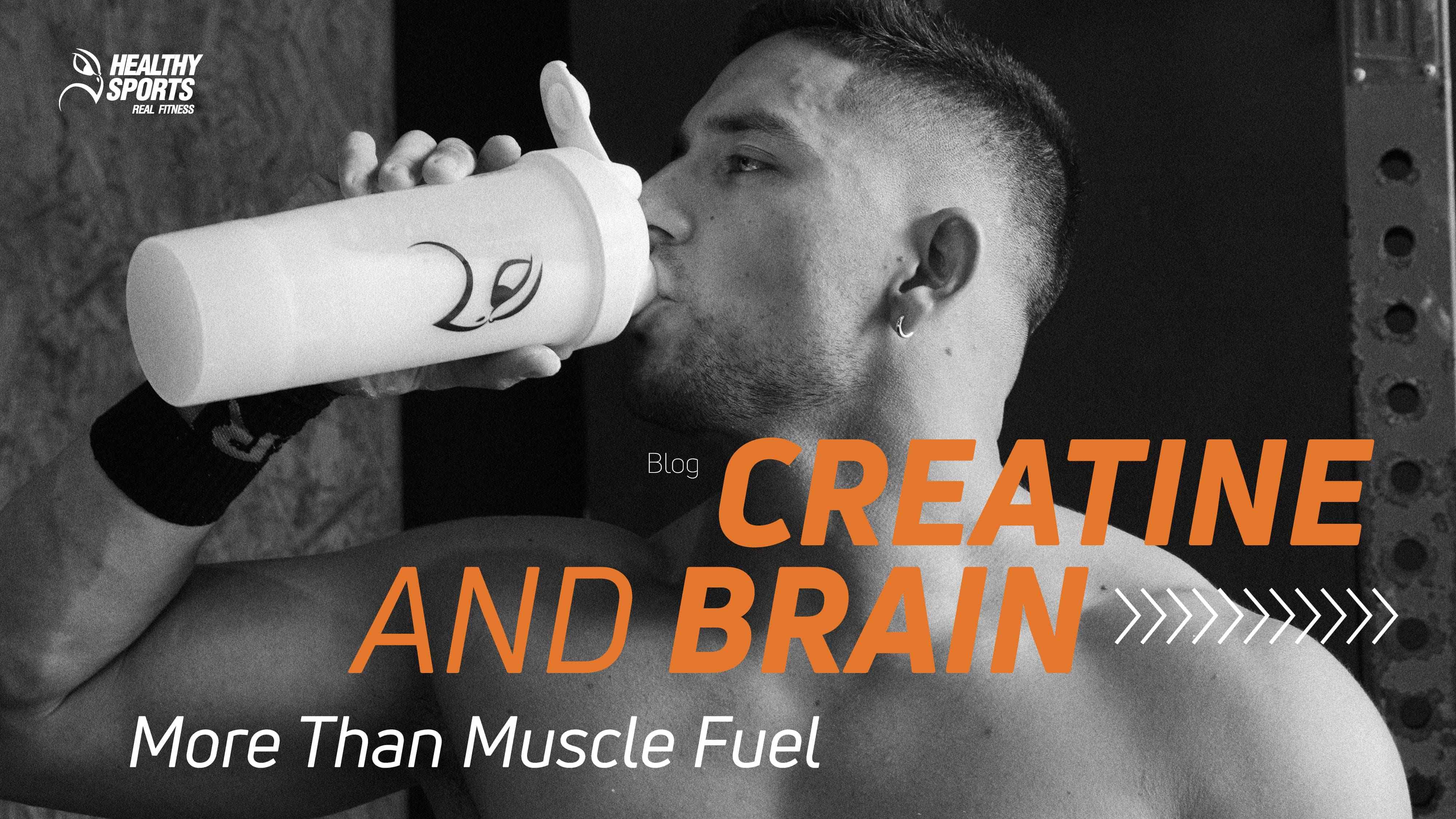Creatine and Brain Health
- Home
- Nutra Blog: Health and Nutrition
- Creatine and Brain Health

Creatine and Brain Health
Jun 28, 2025
By
Nutra Llc
0 comment(s)
When people think of creatine, they often picture gym-goers or athletes. But science is now showing that creatine supplementation may also powerfully support brain health.
What Is Creatine and Why the Brain Needs It
Creatine is a natural compound made in the body and is mainly found in muscles and the brain. It is critical in creating energy through ATP, especially during mental stress, sleep deprivation, or aging (Roschel et al., 2021). Because the brain uses up to 20% of the body's energy, having enough creatine helps it function better.
While the body can produce creatine, levels may drop due to age, injury, or illness. That is where creatine supplementation comes in.
Creatine monohydrate is the most studied and widely recommended among the different forms. It is known for being safe, affordable, and effective—not only for physical performance but potentially for cognitive support, too.
How Creatine Affects Cognitive Function
Studies have shown that creatine supplementation can benefit tasks involving working memory, reaction time, and mental fatigue. The effect is especially noticeable when the brain is under pressure, like lack of sleep or intense problem-solving (Turner et al., 2015).
Some populations benefit more than others. Vegetarians, older adults, or individuals under high stress may have lower natural creatine stores and show the most significant cognitive improvements with creatine as a supplement (Roschel et al., 2021).
Brain Injury and Neuroprotection
Creatine may also help protect the brain after trauma. Research shows that creatine supplementation supports:
Brain energy metabolism
Cell membrane stability
Reduced oxidative stress
Faster cognitive recovery after brain injury (Sullivan et al., 2000; Sakellaris et al., 2006)
These results suggest creatine could have a role in neuroprotection and mental resilience, especially for those at risk of brain injury.
Creatine Side Effects and Questions
Many people ask: What does creatine do, and is it safe?
In general, creatine supplementation is well-tolerated. Some people may notice minor effects like bloating or water retention. But questions like whether creatine causes hair loss or makes you gain weight still need more research. Currently, no conclusive evidence links creatine to hair loss or long-term harm.
To reduce risk, it is best to use creatine monohydrate, the form with the most evidence.
When to Take Creatine?
A common question is when to take creatine, specifically creatine, before or after a workout.
Research suggests that consistency matters more than timing. Whether you take creatine before or after your workout, the key is to take it every day to build and maintain muscle and brain creatine levels.
Final Thoughts
Creatine is not just for muscles anymore. New science shows that creatine supplementation may also support memory, mental clarity, and brain recovery.
If you want to boost both body and mind, creatine monohydrate is one of the best workout supplements.
References
- Roschel, H., Gualano, B., Ostojic, S. M., & Rawson, E. S. (2021). Creatine supplementation and brain health. Nutrients, 13(2), 586. https://doi.org/10.3390/nu13020586
Rae, C. D., & Broer, S. (2015). - Creatine as a booster for human brain function: How might it work? Neurochemistry International, 89, 249–259. https://doi.org/10.1016/j.neuint.2015.08.010
- Sullivan, P. G., Geiger, J. D., Mattson, M. P., & Scheff, S. W. (2000). Dietary supplement creatine protects against traumatic brain injury. Annals of Neurology, 48(5), 723–729.
- Sakellaris, G., Kotsiou, M., Tamiolaki, M., et al. (2006). Prevention of complications related to traumatic brain injury in children and adolescents with creatine administration. Journal of Trauma, 61(2), 322–329.
*Disclaimer: Statements made, or products sold through this website, have not been evaluated by the United States Food and Drug Administration.
They are not intended to diagnose, treat, cure or prevent any disease.
